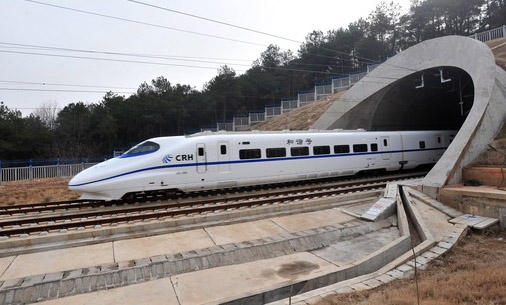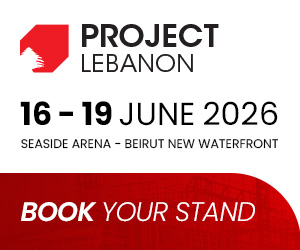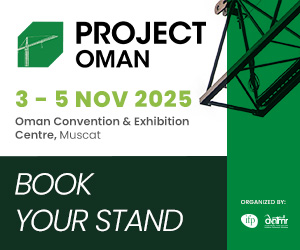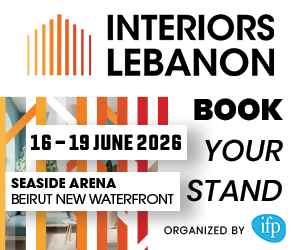A project rail boom within the transport sector in the Middle East and North Africa is expected to materialize in the next three years as the region allocates more than $250 billion worth of investments in various rail projects.
The region has one of the lowest density rail networks in the world, with just under 34,000 km of track over a landmass of 15 million square km. The boom in the construction of railway infrastructure is expected to double the track network to 67,000 km and create huge opportunities for local and international businesses — from consultancy and design services to track, rolling stock and communication systems.
This year, there are currently $156 billion worth of rail projects planned or under way in the region
This year, there are currently $156 billion worth of rail projects planned or under way in the region. Nearly 29 per cent of these are currently being built and 12.5 per cent are currently being tendered.
Saudi Arabia will spend $31 billion, Iraq $13 billion, Kuwait $14 billion, Qatar $13 billion, and the UAE $14 billion for rail projects
Not surprisingly, the most active countries are those that cover large areas and have comparatively large populations. Iran has the most projects planned or under way with $34 billion of schemes, closely followed by Saudi Arabia with $31 billion. Other markets with more than $10 billion of projects are Iraq with $13 billion, Kuwait with $14 billion, Qatar $13 billion, and the UAE with $14 billion.
Major projects include the Saudi Landbridge, Haramain High-Speed Rail network, North South Railway, the Doha Metro, an operational assessment of Dubai Metro's planned Green and Red line networks and Kuwait's $7bn, 3 line metro network.
For new work in the near future, different markets will dominate as smaller rapidly growing countries develop urban rail schemes. Qatar currently had $8.5 billion of railway construction contracts out to tender, Iraq has $2.5 billion and Tunisia has $2.1 billion.
The most significant scheme to start construction over the coming year will be in Doha
The most significant scheme to start construction over the coming year will be in Doha, which recently invited 18 consortiums to bid for five packages on its proposed metro network that will alleviate congestion in the Qatari capital and transport football fans across the city during the 2022 FIFA World Cup.
The tenders attracted international interest and more than 60 local and international groups attempted to prequalify to bid for construction work.
Oman Daily Observer
25 September











































































